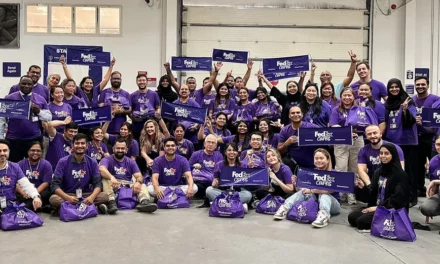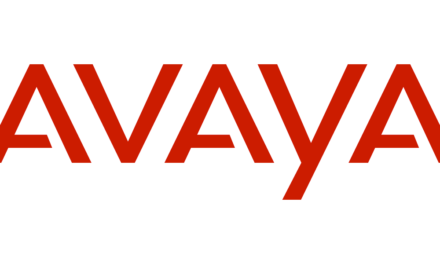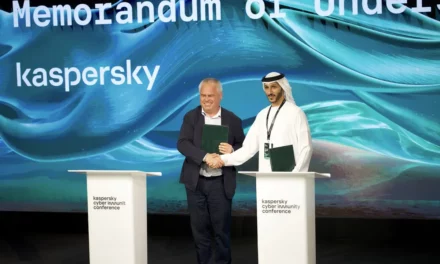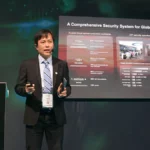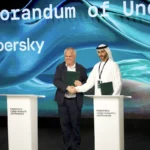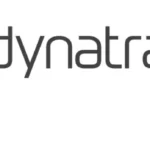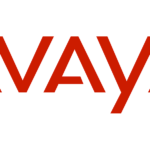
Kaspersky announces winners of 2021 Secur’IT Cup student competition
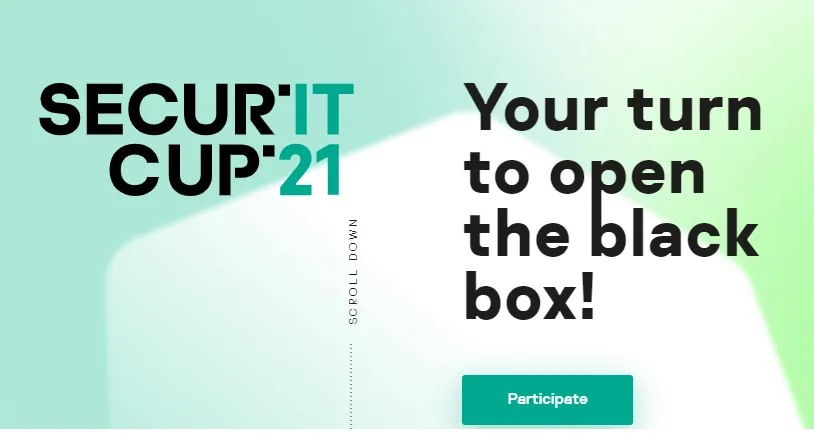
Kaspersky has crowned the overall winner of this year’s Secur’IT Cup – a team of students from the Russian National Research Nuclear University MEPhI with the Baseband IDS Engine project – following a final round of stiff competition. Two projects from Australia and the United Kingdom became winners in the special nomination category Fighting Cyber Violencewith their projects designed to enhance protection against cybercrimes violating human rights.
Bringing together the next generation of cybersecurity professionals, the competition receives global attention each year, as students from across the world unite to collaborate on cybersecurity ideas and challenges to contribute to a safer future. Participants have the chance to win USD10,000 and benefit from competing alongside like-minded students to build an understanding of what it takes to work in the industry. This year, the competition focused on key areas, including IoT security machine learning in cybersecurity, and new methods and instruments for security assessments.
The final round of the competition took place online due to the pandemic. However, this made it more accessible to those around the world, with a staggering 1,500 participants from 68 countries taking part. The 11 finalists came from a wide range of countries, including Singapore, Malaysia, Australia, Russia, Egypt, Tunisia, Morocco, the United Kingdom, Ethiopia, Pakistan, Germany, and India, who then presented their projects to a jury of Kaspersky and industry experts.
Denis Barinov, Head of Kaspersky Academy, commented: “We are holding the global Secur’IT Cup competition despite any challenges the world offers us today, and we actually see that the interest in this event in particular and in cybersecurity in general is growing fast among young professionals. Every year we see more and more sophisticated prototypes (not mere ideas!) submitted by students with various backgrounds from all over the world. And we have every intention to further support this growing community of young talents united over their interest in the cybersecurity domain because that is what this competition is all about – global cooperation, inclusiveness and the passion for building a safer world together.”
The MEPhI Security Team, from the National Research Nuclear University MEPhI won first place with their IoT project Baseband IDS Engine. The solution is responsible for increasing the security level of baseband firmware and making its runtime binary exploitation difficult.
“Secur’It Cup is a great chance for every research team to share their experience in the field of information security. We were really happy to participate with other participants all over the world. The jury’s feedback shows that our research is going in the right direction, and we will try to keep it as long as possible,” commented Philipp Lebedev, the MEPhI Security Team.
In light of their efforts, two runners up of the general track were also selected and recognized at the event:
- The WAFLegends team that united students from the Singapore Institute of Technologies and National University of Singapore was commended for their “Next Generation Web Application Firewall” project and received an invitation to attend the Kaspersky Security Analyst Summit 2022, which brings together the world’s foremost security experts.
- The SPRUSH team from the National Research Nuclear University MEPhI was awarded third place and has been invited to attend a local cybersecurity conference or professional course of their choice on one of the global MOOC-platforms.
2021 also saw the introduction of a new special nomination category for fighting cyberviolence around the world. In conjunction with three NGOs – WESNET (Australia), Refuge (UK) and NNDEV (USA) – 23 projects were involved in this category, with six making it to the finals.
The winners of this nomination were:
- Team Ethical from Australia representing La Trobe University and Western Sydney University with the project “OBSECURITY” aimed at protecting individuals from family and cyberviolence using obscurity and security;
- Esra Kilic from the Queen Mary University of London with Conscendo, an e-learning platform project involving gamified learning designed to enhance awareness to avoid human rights violations.
Toby Shulruff, Senior Technology Safety Specialist at NNEDV: “The National Network Against Domestic Violence (NNEDV) congratulates the two winning projects, OBSECURITY and Conscendo, in the Fighting Cyber Violence track at the Secur’IT Cup’21. We applaud the ingenuity, hard work, and creativity of all of the teams competing this year. We are grateful to Kaspersky, our partner in the Coalition Against Stalkerware, for including this track in the 2021 competition. We are encouraged to see the next generation of cybersecurity professionals focusing on survivors’ needs and working to make the digital world safer.”
“It has been a pleasure being a jury member for this year’s Kaspersky Secur’IT cup. All participants clearly took time to focus their efforts on tackling the ongoing threat of cyber-violence. I have been particularly impressed with the ideas that focused on solutions for evidence gathering and improved reporting features for victims. I look forward to following the work of the participants and seeing their valued contributions make a real impact on the most vulnerable people in society,” commented Emma Pickering, Tech Abuse Manager, Refuge.
The two special nomination projects for fighting cyberviolence were each awarded USD5,000.
The Secur’IT Cup is a project of Kaspersky Academy. To find out more about the competition and the Academy’s other initiatives, please visit https://academy.kaspersky.com/.



